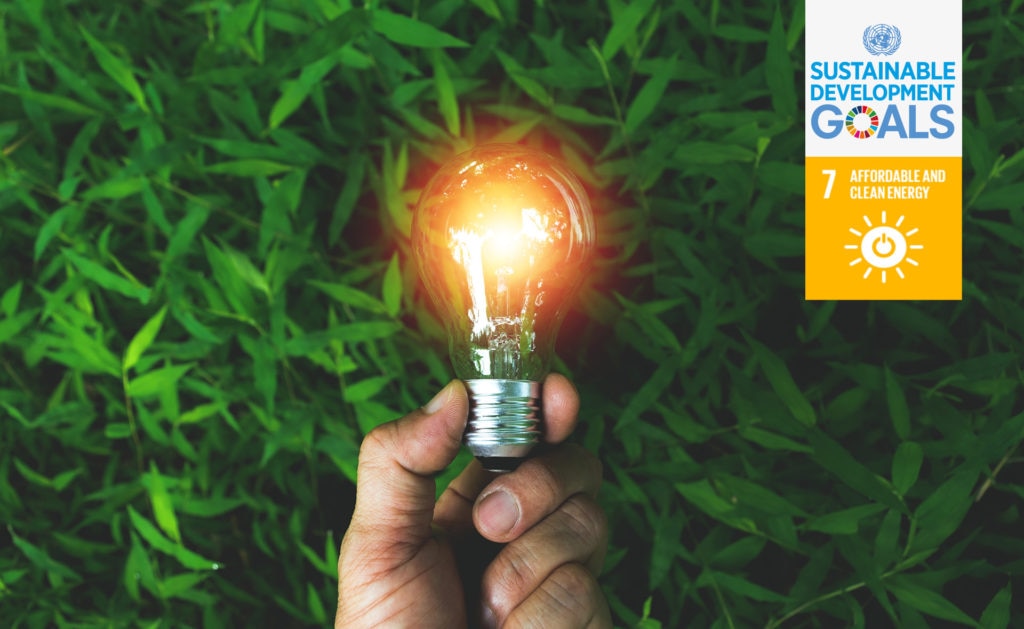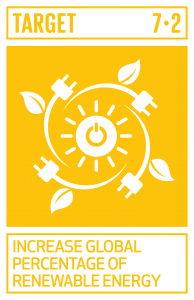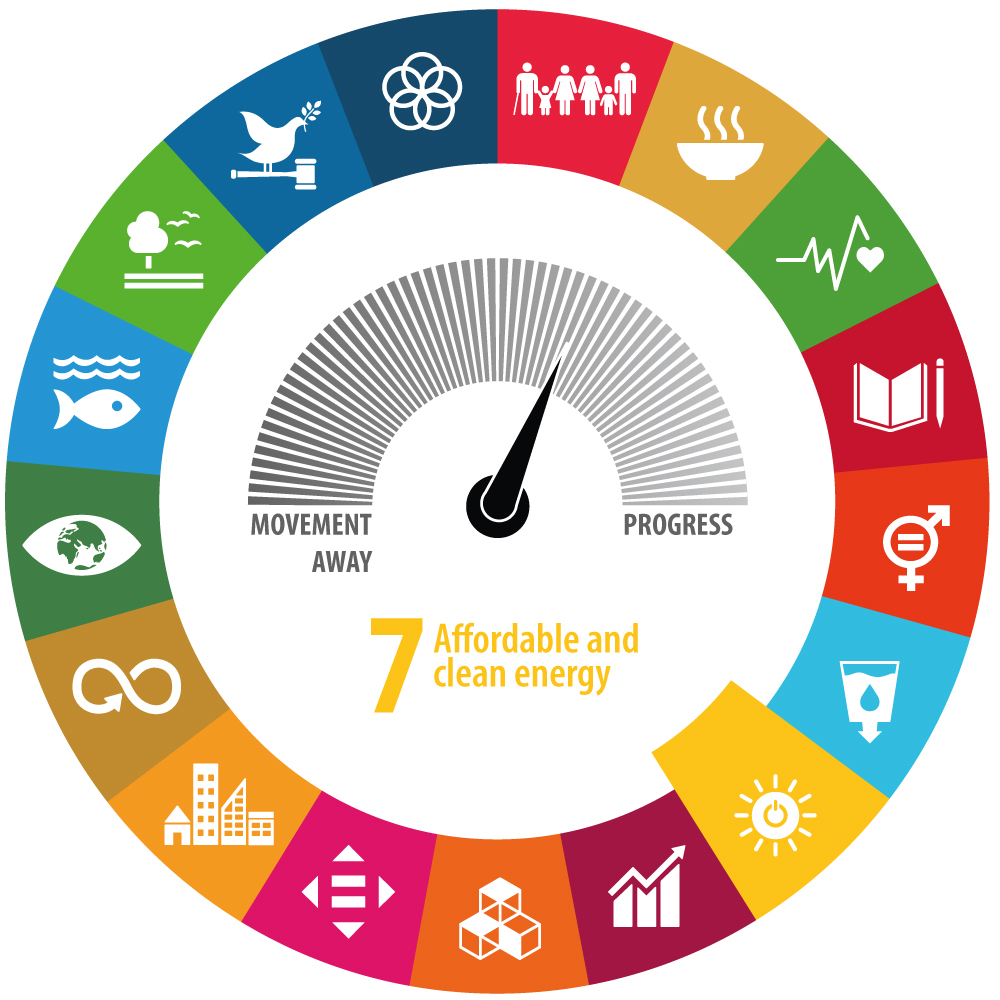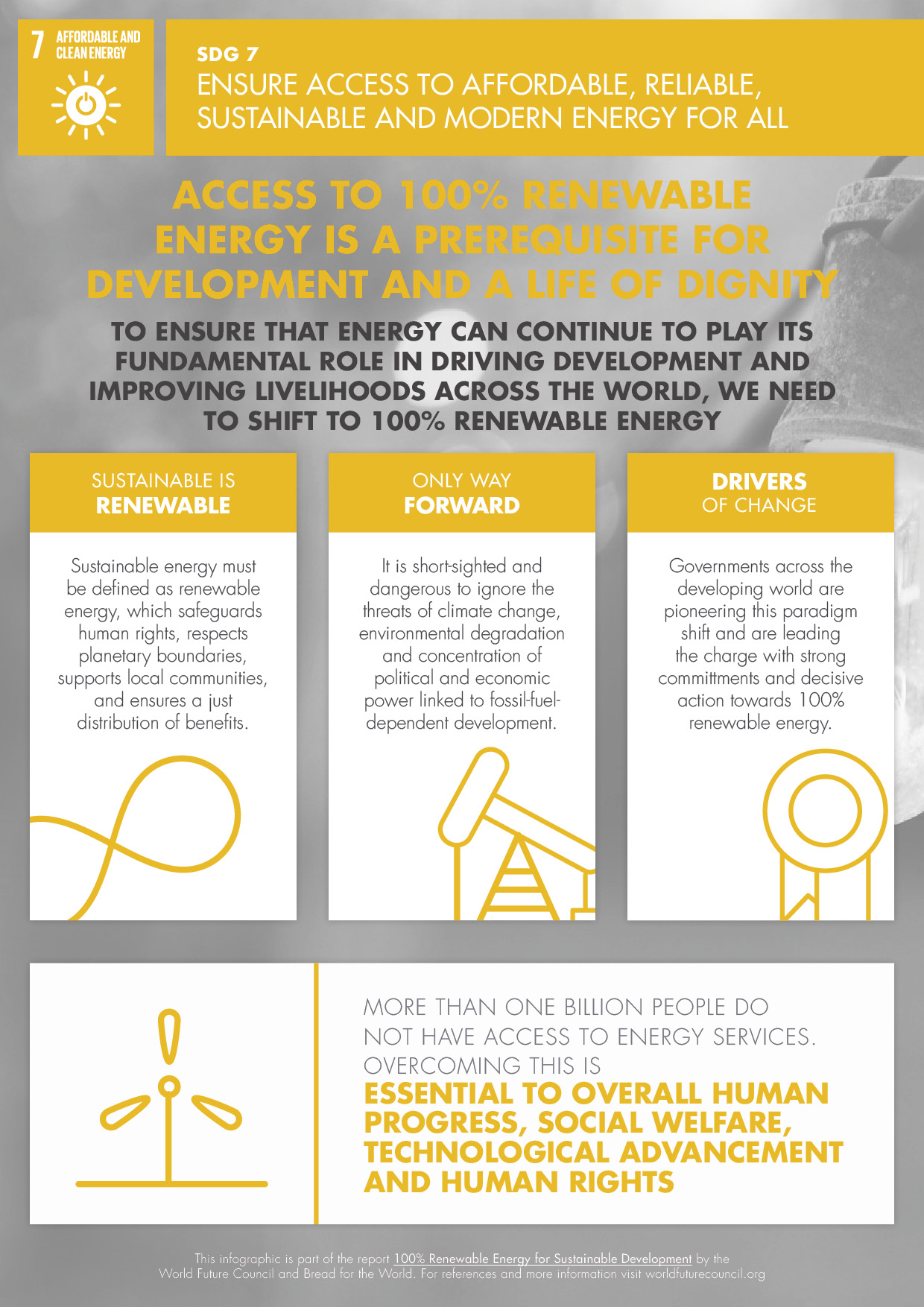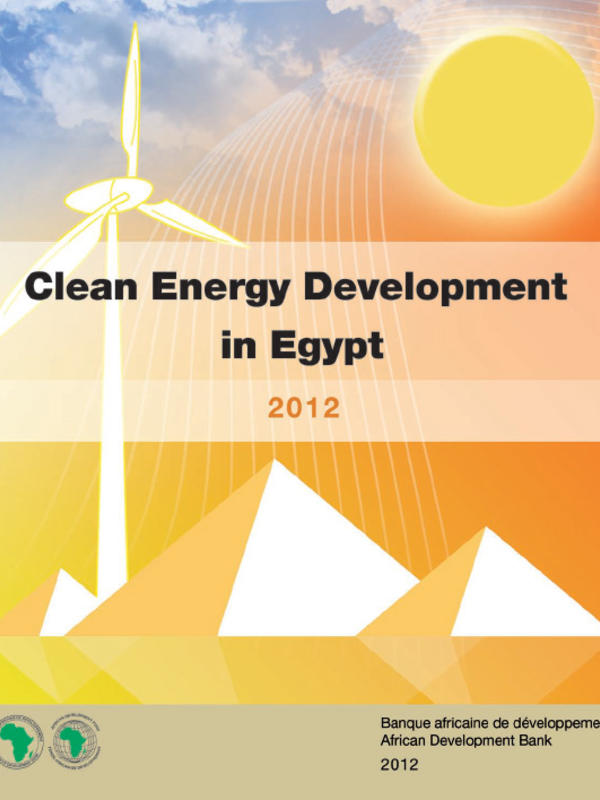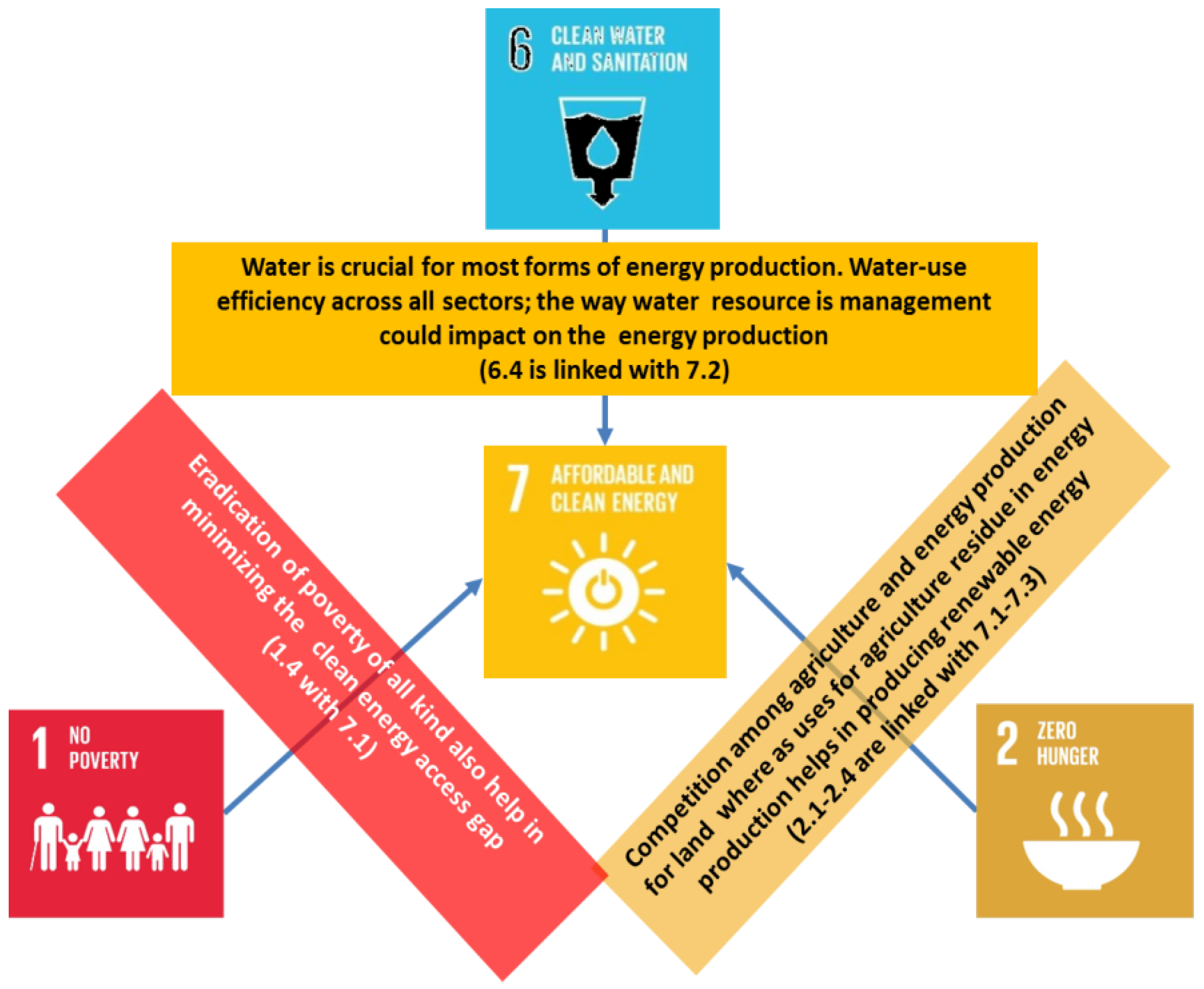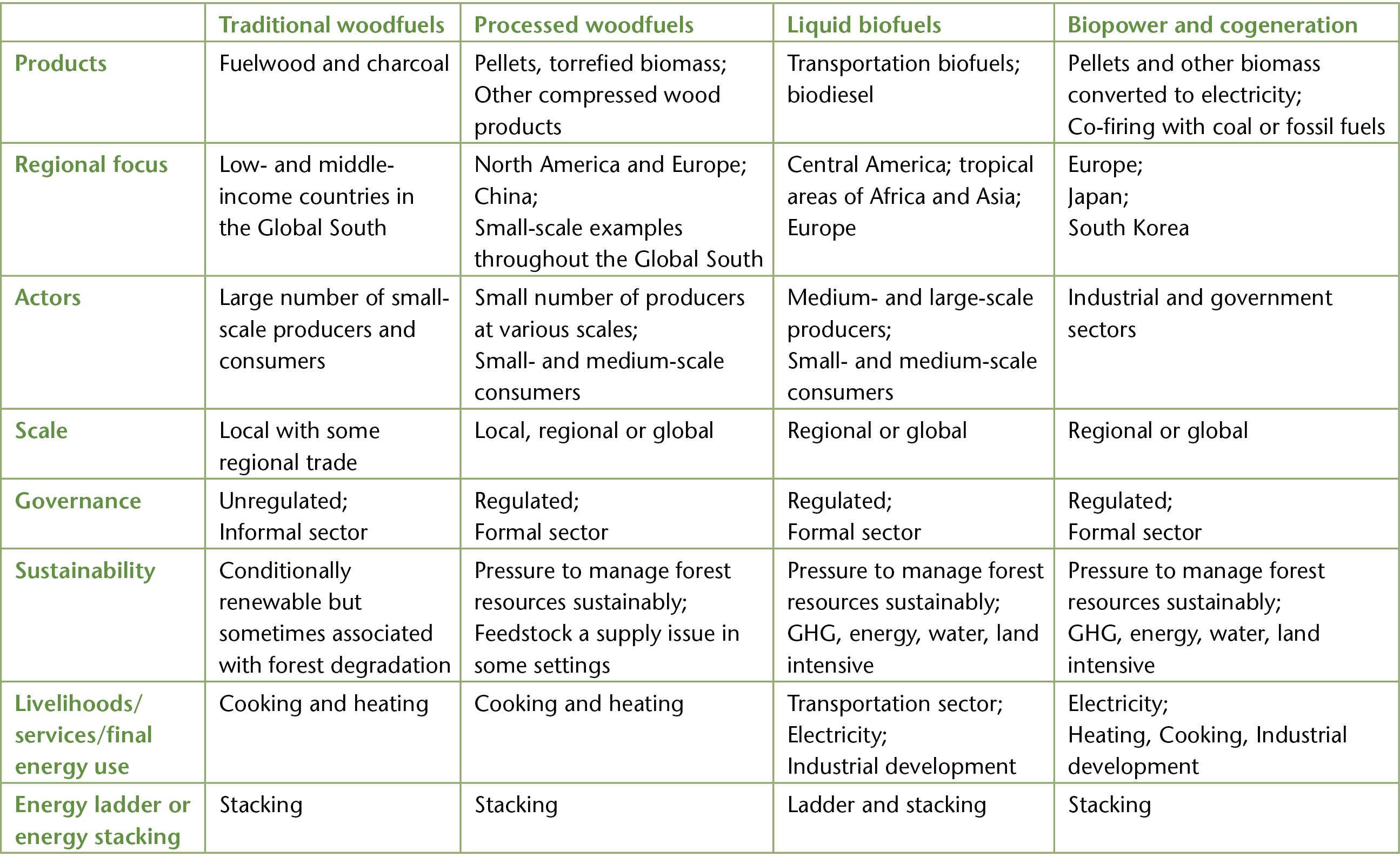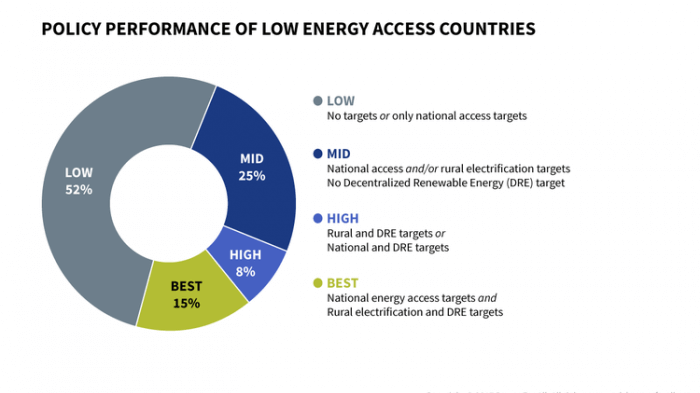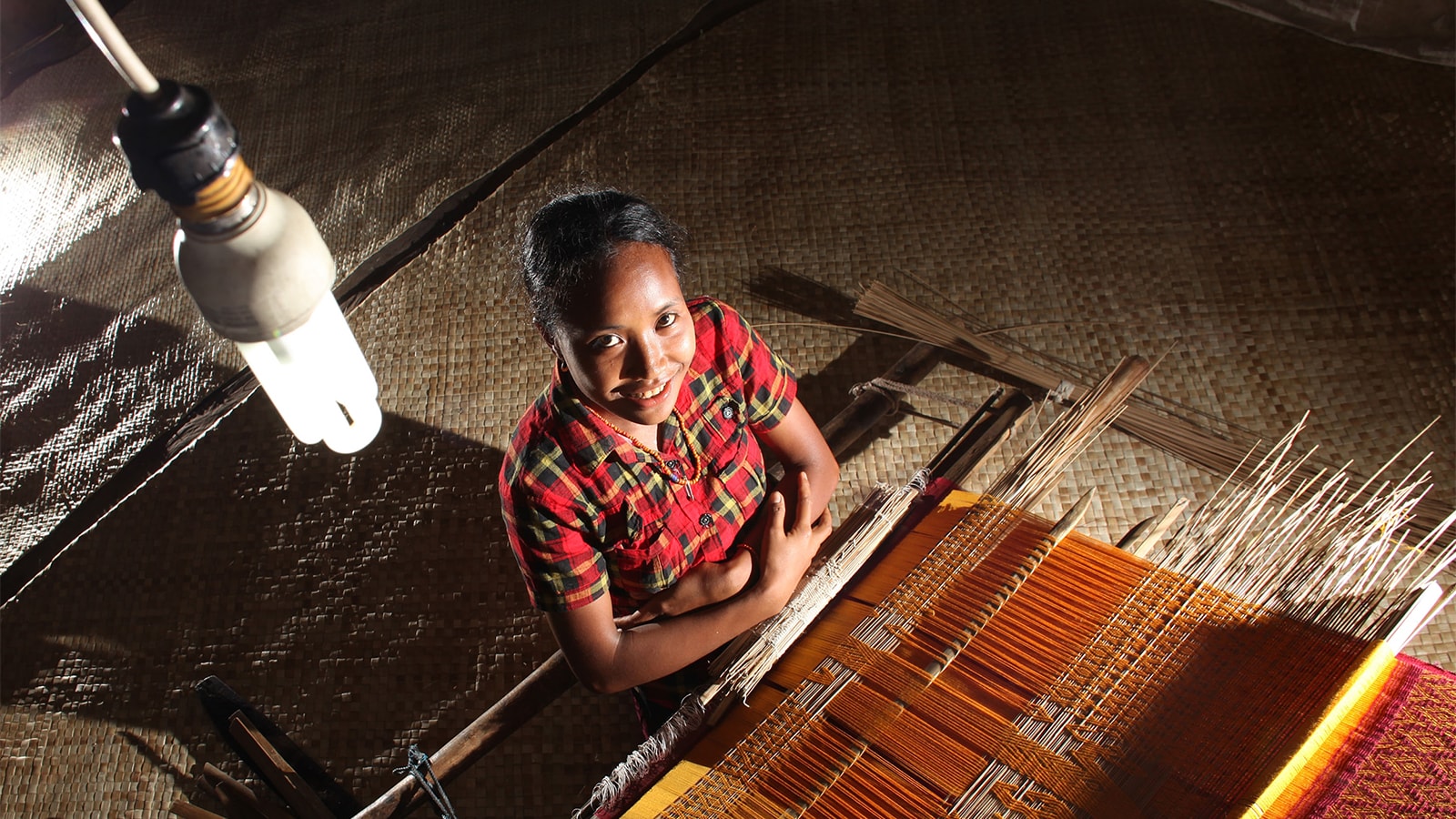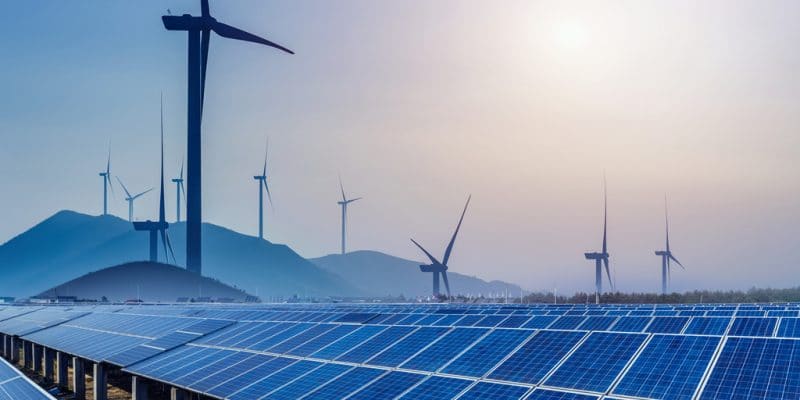The report presents an energy for all case showing that providing universal access by 2030 would require an investment of usd 31 billion per year equivalent to less than 2 of global energy investment.
Clean energy sources to invest in order to ensure universal access to affordable electricity by 2030.
Adopting cost effective standards for a wider range of technologies could also reduce the global electricity consumption by buildings and industry by 14 percent.
The overwhelming majority of this extra investment would need to be directed to sub saharan africa and most of it to renewables.
Investing in solar wind and thermal power improving energy productivity and ensuring energy for all is vital if we are to achieve sdg 7 by 2030.
By 2030 enhance international cooperation to facilitate access to clean energy research and technology including renewable energy energy efficiency and advanced and cleaner fossil fuel technology and promote investment in energy infrastructure and clean energy technology.
Goal by 2030 ensure universal access to affordable reliable and modern energy services.
The world is making progress towards goal 7 with encouraging signs that energy is becoming more sustainable and widely available.
Ensuring universal access to affordable electricity by 2030 means investing in clean energy sources such as solar wind and thermal.
Expanding infrastructure and upgrading technology to provide clean and more efficient energy in all countries will encourage growth and help the environment.
Ensuring universal access to affordable electricity by 2030 means investing in clean energy sources such as solar wind and thermal.
Access to clean fuels or technologies such as clean cookstoves reduce exposure to indoor air pollutants a leading cause of death in low income households.
Despite this progress some 800 million people remain without electricity while access to clean cooking fuels and technologies needs dedicated attention.
In yemen solar energy is quickly being adopted and its potential is widely recognized as the country enjoys more than 300 days of sunlight each year.
Adopting cost effective standards for a wider range of technologies could also reduce the global electricity consumption by buildings and industry by 14 percent.
Investing in solar wind and thermal power improving energy productivity and ensuring energy for all is vital if we are to achieve sdg 7 by 2030.
Access to electricity in poorer countries has begun to accelerate.
This requires universal access to clean fuels and technologies for cooking by 2030.


